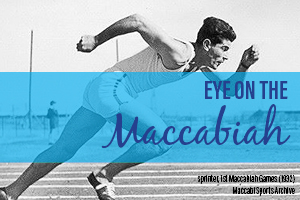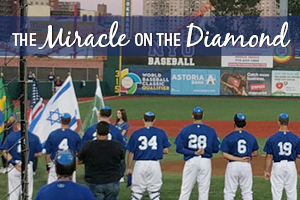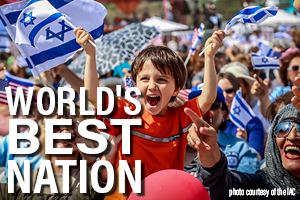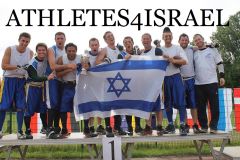Maccabiah Culture: An Example of Jewish Pride
By Garrett Ritholtz
Culture is of the utmost importance in Judaism, and the Maccabiah Games are a crucial part of that. As a minority that for generations was banned from taking part in public sports activities, the Maccabiah Games, otherwise known as the “Jewish Olympics”, was first held in 1932 and sponsors over 10,000 athletes currently, making it the third largest sporting event in the world featuring 85 countries. While the games are sponsored under the International Olympic Committee, the games finds its way of union for the Jewish People.
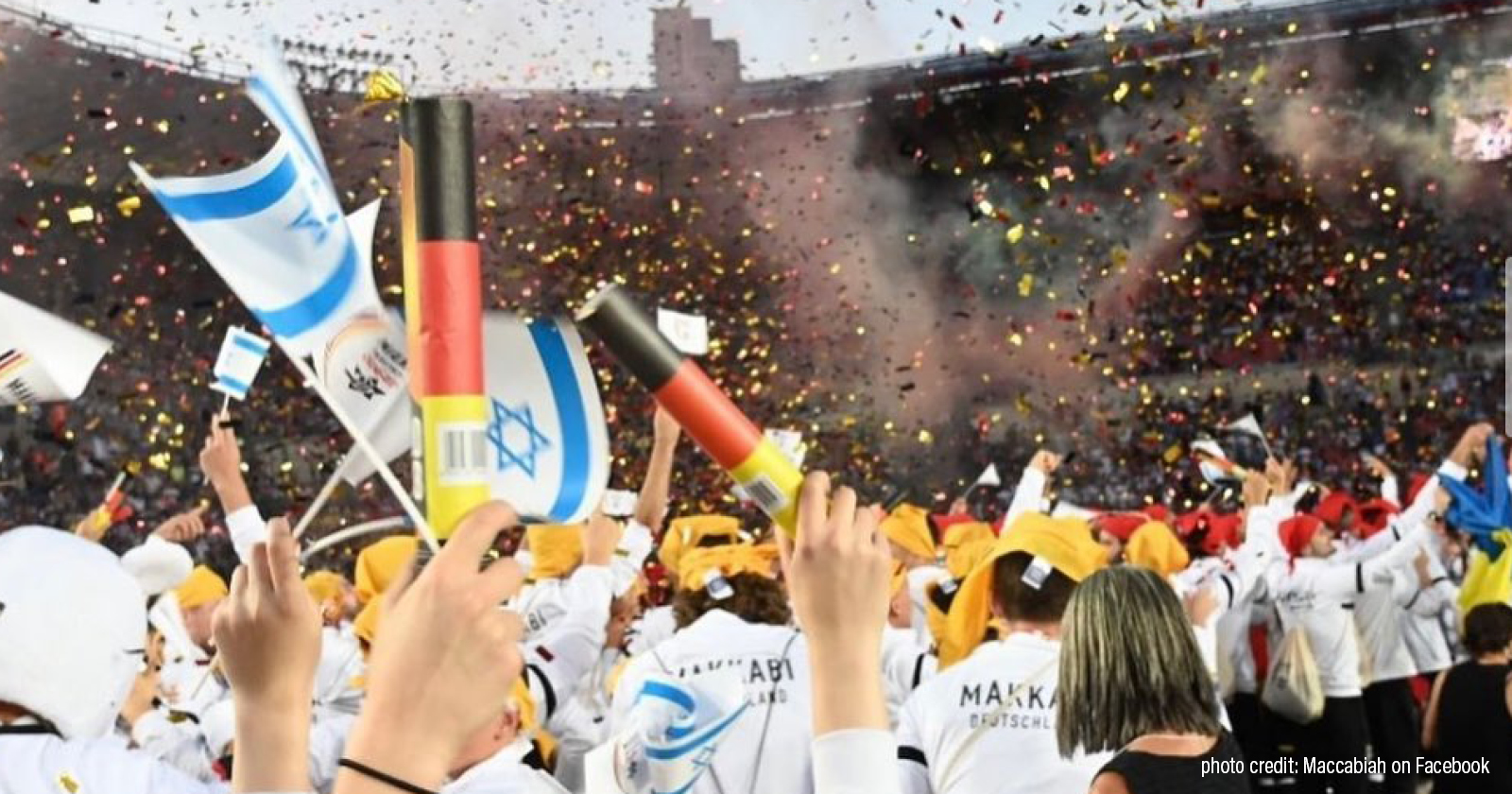
As a young athlete myself, it is quite amazing to realize that the third largest sporting event in the world is hosted by a country that is virtually the same size as the state of New Jersey. Perhaps it isn’t the size that matters, but knowing that Jews from everywhere in the world come here, every 4 years, to take part in the demonstration of the Jewish love of sportsmanship, teamwork, and confidence is something everyone should know about and appreciate. Yet so many, too many, young Jews are completely unaware of the monumental display of sports acumen that many can embrace and be involved with - even if they are not athletes themselves.
In a world where there is so much division and conflict, I love seeing my people root for a common goal. It is a rare expression of unity that we young Jews so desperately need to counter the infighting that dominates discussions about Israel and Jewish identity. Being able to take part in something like this is definitely a dream of mine, and it could be, should be, the dream of every Jewish child - but that dream begins with fostering a love for our peoplehood, and an appreciation of every opportunity that enables us to do more together to share our positive values. Sports always has, and should always be, a part of our Jewish experience.
Since arriving in Israel, I have found many things that I connected to that I would not have been able to do when I am far away in the United States. Finding a connection between myself and our forefathers at the Western Wall, learning to pray by myself, or spending time with others in Israel, I feel I am in a place where I have discovered it is easy to communicate with myself and others - perhaps because of the feeling of belonging that seems to come so naturally when spending time here. Whatever it is that one may find, as the source or expression of their inspiration, it is their individuality that allows them to have a strong connection to Israel. That individuality may begin to grow from our home lives, Hebrew schools, bar mitzvah parties and the friends we make over our teen years, but it most certainly comes alive when we are gifted the opportunity to explore it further while outside our natural comfort zone. And Israel is the perfect place for those wanting to understand what it means to be a part of the Jewish nation - more than just religion, how we practice or pray, but rather who we are as a collective.
The Maccabiah games, for many people, are a source of deep connection to Israel, a symbol to never give up and continue to overcome adversity, whether it be competing in the games, supporting your country or for those who had to go through so much to make the Maccabiah games possible. Perhaps this could become true for young Jews everywhere confronting the challenges of facing hate and resentment for our expressions of Jewish pride. Perhaps the lessons of the Maccabiah should be more emphasized everywhere throughout the Jewish world - not only for young athletes, but for all young Jews who are looking for a way to be inspired by the feats and triumphs of our fellow Jews. And just perhaps, we will continue to see young Jews rise in the ranks of the sports arena proudly standing up for our rights as the people of Israel.

